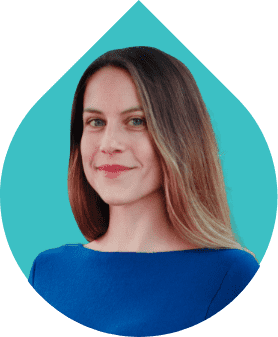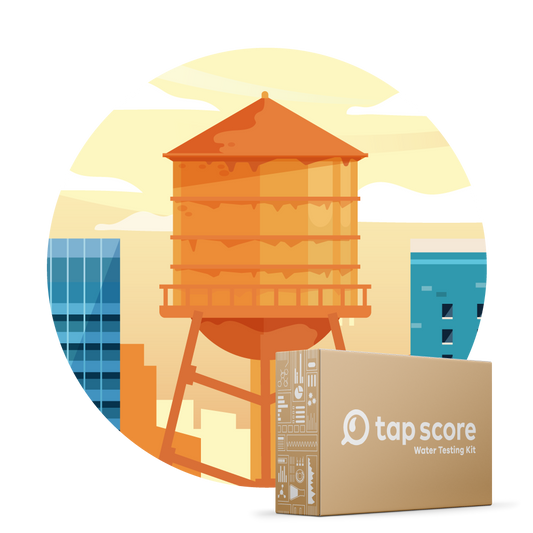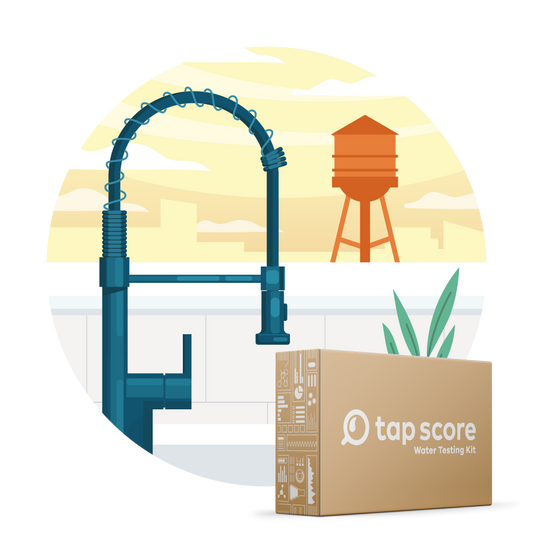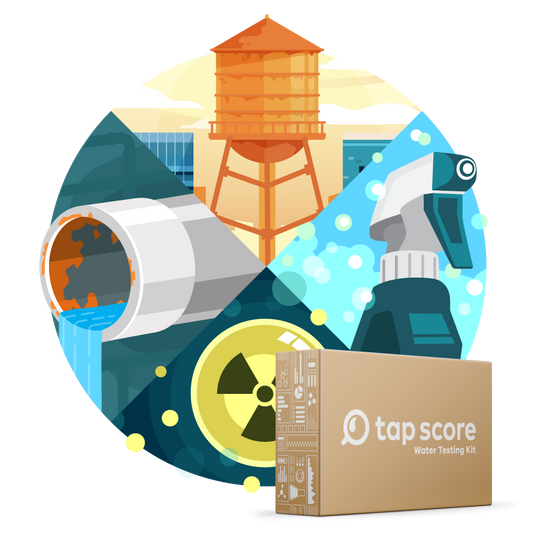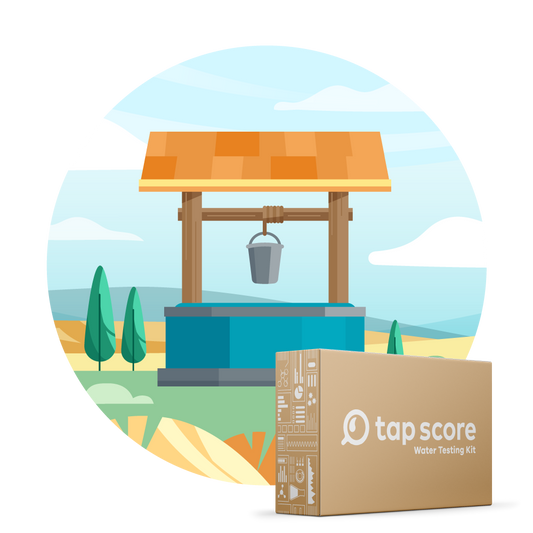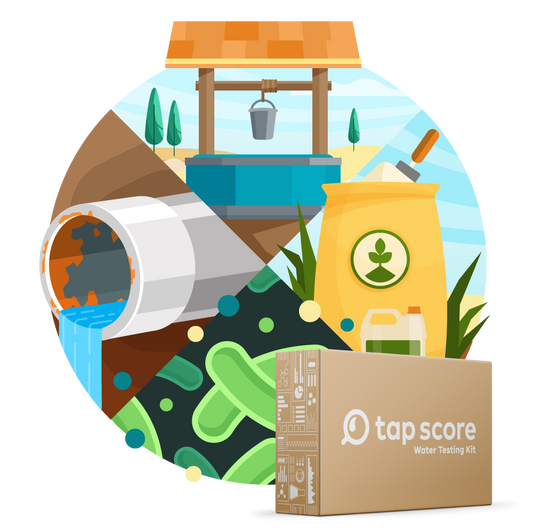
Lead Testing In Child Care Centers: What You Need to Know
Our blog is written by real experts— not AI. Each guide is carefully reviewed and updated based on the latest research. Plus, with no affiliate links, you can count on unbiased insights you can trust.
Lead, a naturally occurring heavy metal and potent neurotoxin that affects brain function, is particularly harmful for toddlers and young children. Enter Assembly Bill 2370, the bill that directly addresses licensed child care centers operating statewide.
If you’re a childcare provider, the well-being of your kids is of the utmost importance. So what exactly is AB 2370? And what, as a provider, do you need to know? Read on to find out.
What Is AB 2370?
Authored by California state assembly member Chris Holden (D-Pasadena) and passed in 2018, Assembly Bill 2370 requires all California licensed child day care centers located in buildings constructed prior to 2010 to test for lead contamination levels in their drinking water on a specified schedule.[1]
Parents and legal guardians of children enrolled in the day care center will need to be notified of the testing requirement as well as the results of the test. If any one of the licensed centers contains elevated lead levels, the center will be required to close immediately, cease use of any affected fountains and faucets, and to find an alternate source of safe drinking water.
Mandatory tests were required between January 1, 2020 and January 1, 2023. After the initial test, testing will be required every 5 years.
Note: Along with the testing regiment, the bill requires at least one director or teacher at the day care center to complete at least 16 hours of health and safety training, along with a preventative health practice course on the recognition, management, and prevention of infectious diseases and prevention of childhood injuries.[2]
Do I Need to Test for Lead?
You must test your water for lead if you are a childcare provider in a building more than twelve years old (constructed before January 2010). Preschools within school districts and child development centers at community colleges are included. Family child care centers, or day care services provided in a private residence, are not included in the current bill. (Revisions to the Lead and Copper Rule, however, are forthcoming.)
Additionally, useful resources provided through the state of California (included at the end of this article) can help you determine your eligibility for funding/reimbursement.[3]
How Do I Test For Lead At My Child Care Facility?
Testing your facility for lead is easier than you think. While your testing will need to be done by a “certified external water sampler,” there is a form to assist you with this process.[See: 4]
Important: Your testing cannot be done during any extended breaks, holidays, or shutdowns.
Where Do I Need to Test?
You will need to obtain samples from all faucets, fountains, coolers, bubblers, bottle filling stations, and filtered water dispensers both inside and outside the building—including hallways, playgrounds, classrooms and cafeterias.
Here’s a useful visual to help you determine what should be sampled:[5]

Questions About AB2370?
AB2370 is helping California take one step closer to safer drinking water for generations to come. Between the influx of government funding to tackle the infrastructural changes and the laboratory testing options available, we can progressively slow the threat of unsafe drinking water for our children. And while the introduction of a major testing program can cause some initial anxieties when it’s you that has to act, Tap Score has you covered. Contact support@mytapscore.com to learn more.
Our experts are always on call and available to help answer all your testing needs. Feel free to ask specific questions related to AB2370. Contact us any time!


